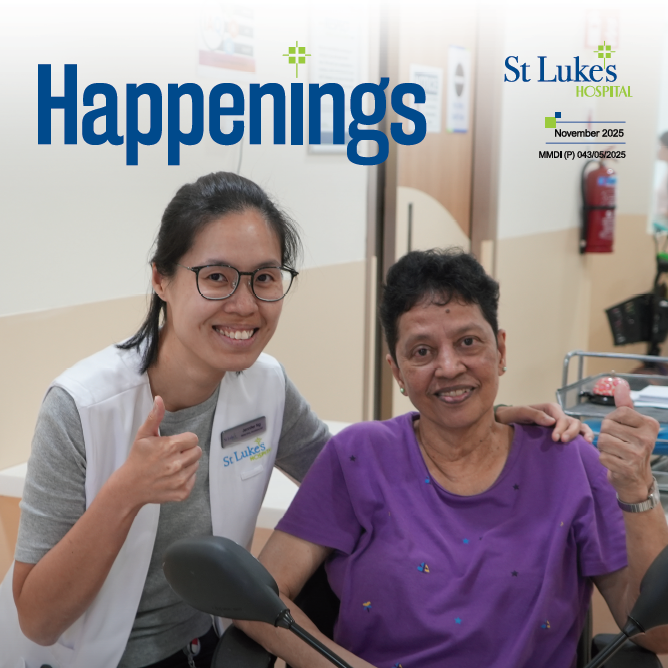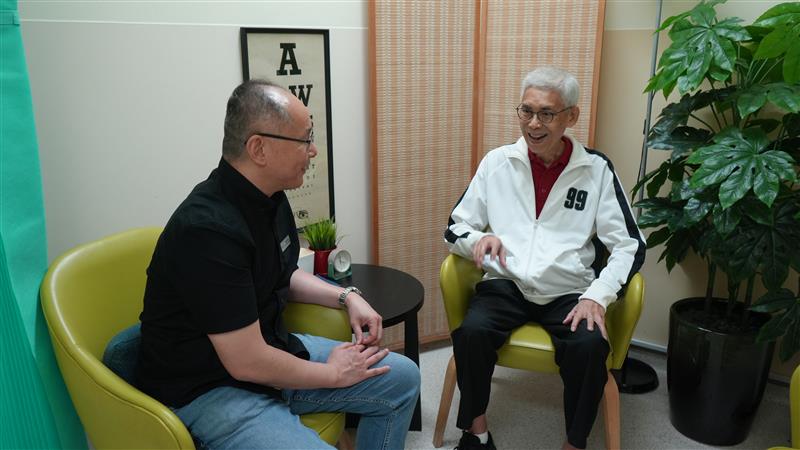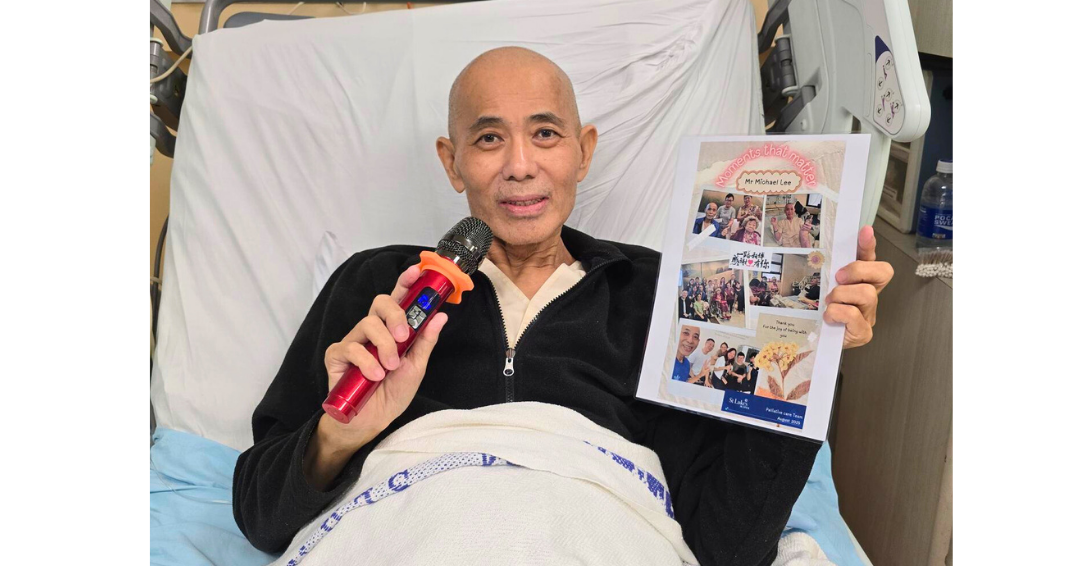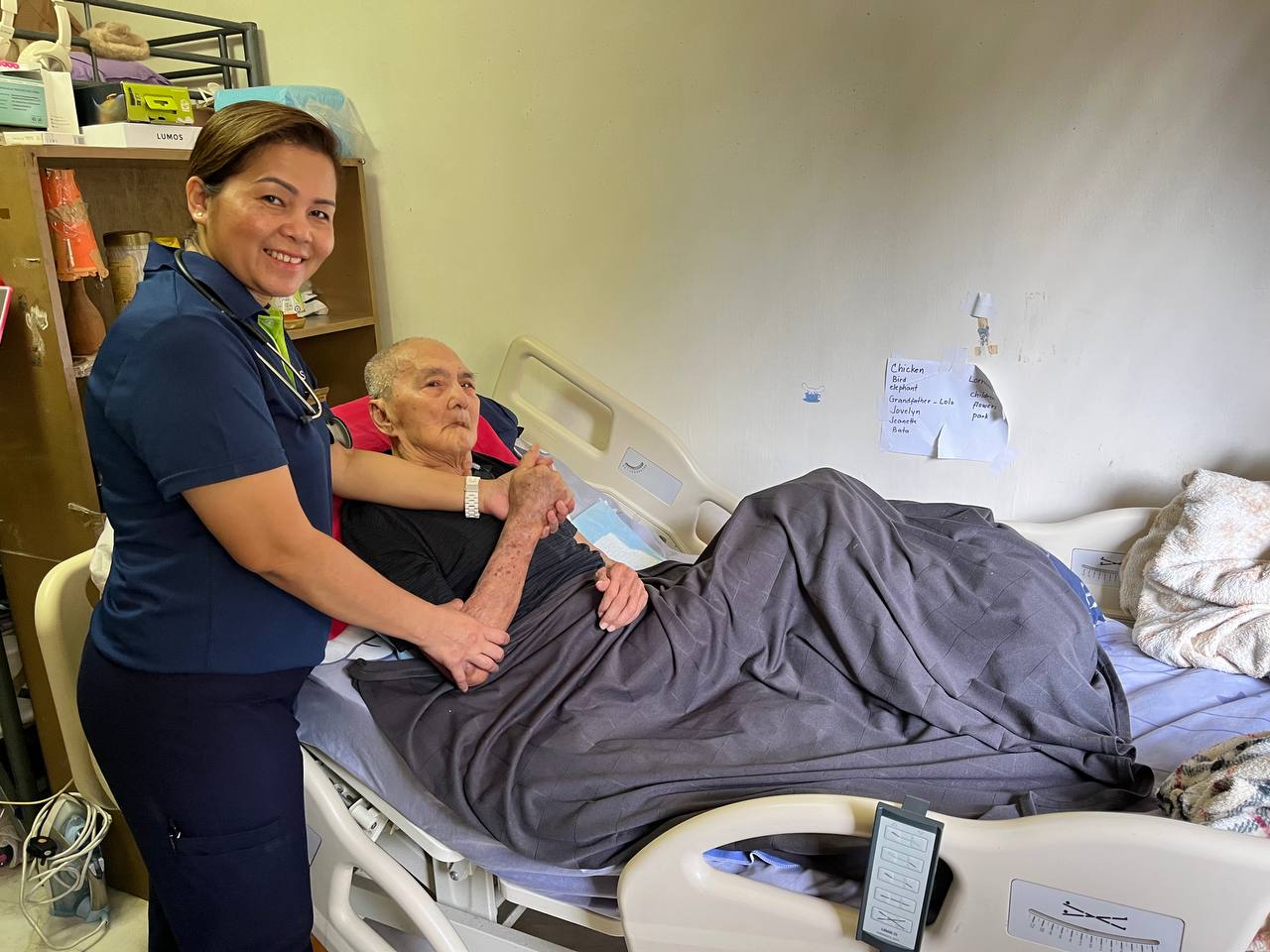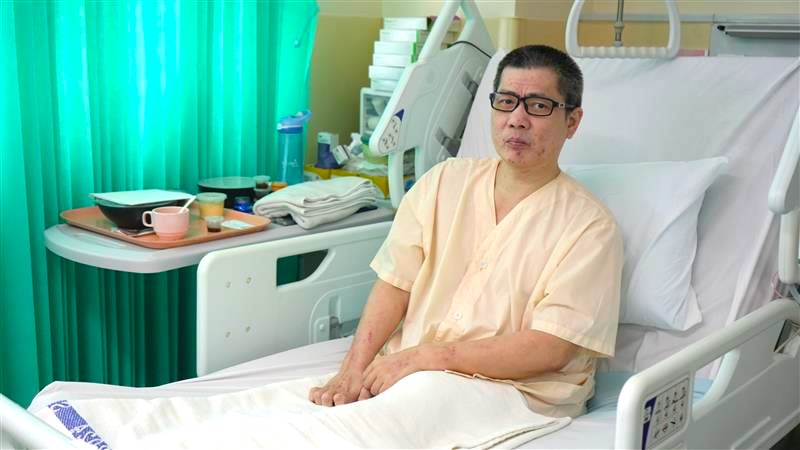
Mr Tan Beng Siong, 54, has lived most of his life on his own terms.
At the age of 15, he began working as a butcher at a slaughterhouse and stayed there for close to two decades.
The work was physically demanding, but the income was rewarding.
“In the 1990s, I could earn up to S$1,000 a week if I worked hard,” Mr Tan recalled.
“But I didn’t save anything though. I spent it all on drinking and going to the disco… I also treated friends to food and entertainment, all of whom never paid me back.”
In 1999, the swine flu pandemic brought his work at the slaughterhouse to a halt.
Mr Tan suddenly found himself without a stable livelihood.
He later joined the printing company his brother-in-law was working at hoping to rebuild his life, but the salary was a far cry from what he was used to.
In 2000, Mr Tan jumped out the window of his 6th floor flat, in what doctors described as a sleepwalking episode.
He survived, but the fall caused severe spinal cord injuries, leaving him permanently unable to walk.
While Mr Tan has weathered a whirlwind of changes in his life, none was more drastic than what began in May 2024.
A Sudden Decline
Last year, Mr Tan began experiencing “undetectable bowel movements”. The loss of sensation in his lower limbs meant that he only realised that he had soiled himself days later. By then, ulcerations and wounds had already set in on his legs and buttocks.
The swelling on his right leg grew so severe that he was unable to transfer himself from the chair to the bed and in June, he was admitted to an acute hospital.
There, he made the heart wrenching decision to amputate his right leg.
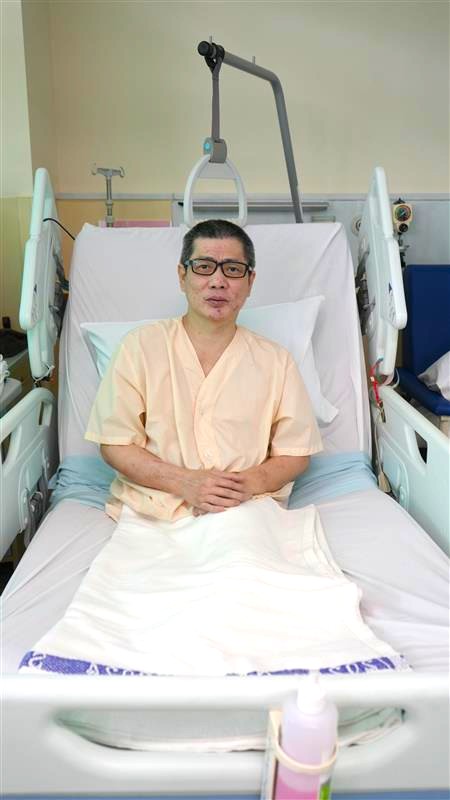
The aftermath of the surgery was difficult, both physically and emotionally.
Not long after Mr Tan went home to recover, he was re-admitted to another acute hospital in August 2024 for fever.
In December, he was transferred to St Luke’s Hospital (SLH) for wound care.
Compassionate Care at St Luke’s Hospital
Mr Tan fondly remembers the care he received at Ward 2C.
“There were over 20 nurses always checking in on me and asking if I was okay,” he said.
“The nurse managers were very good at wound dressing and the doctors here talked to me nicely. They explained my condition to me and how they would help me.”
An Unexpected Setback
But just as Mr Tan began to reclaim his strength and independence, life took another unexpected turn – he was diagnosed with nasopharyngeal cancer.
Recognising the toll that radiotherapy could take, the team at SLH made the decision to keep him in the hospital, where he could continue to receive holistic care and emotional support.
It was a difficult time, but not one Mr Tan had to face alone.
A Social Worker’s Support
Throughout his time at SLH, medical social worker Teo Jie Ting was Mr Tan’s strongest advocate and pillar of strength.
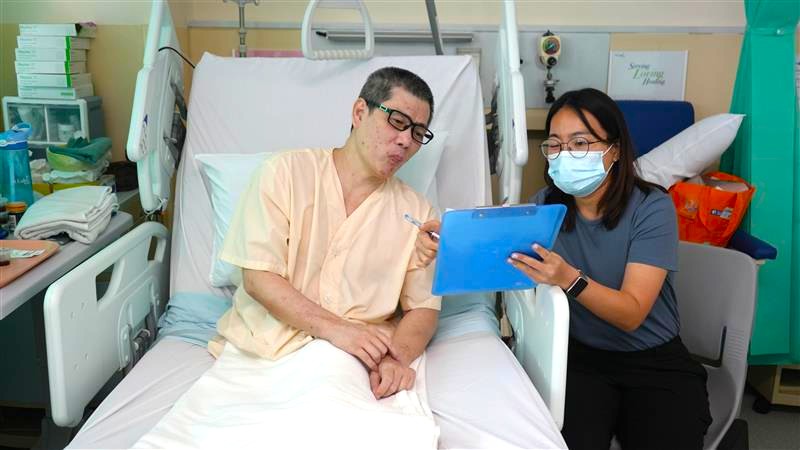
She helped him secure financial aid from Social Service Office and the Agency for Integrated Care, to meet essential expenses such as ambulance fees, phone bills, rent and hospitalisation fees.
Beyond practical support, Jie Ting also guided Mr Tan in planning for his future.
“When I received my cancer diagnosis, the care team spoke with me about it. They didn’t just explain what was happening – they helped me think through what I wanted, and what should come next,” Mr Tan shared.
“Mr Tan has shown remarkable strength and resilience in the face of adversity. Despite the challenges of his diagnosis, his determination to care for himself is truly inspiring,” said Jie Ting.
A Special Kind of Care
All in all, Mr Tan is glad to have found a team at SLH that places compassion above procedure – offering patient-centered care grounded in dignity and respect.
Today, as he nears the start of his radiotherapy, he reflects not on the bitterness of his ordeals, but with grace and gratitude for the help he has received thus far.
“I am thankful to my parents who have been there for me through thick and thin,” he said. “I would also like to encourage everyone not to give up easily in the face of life’s challenges.”

